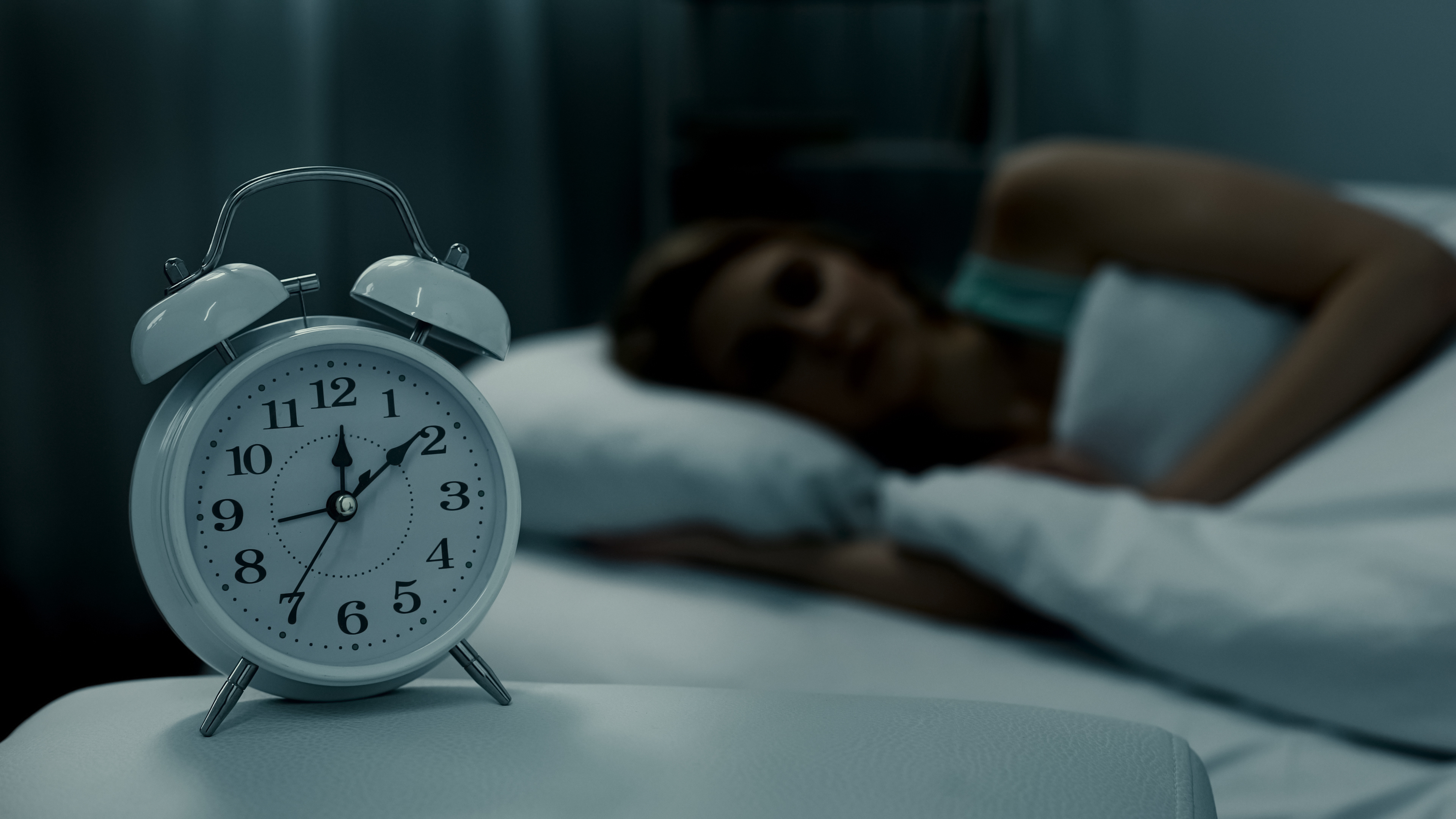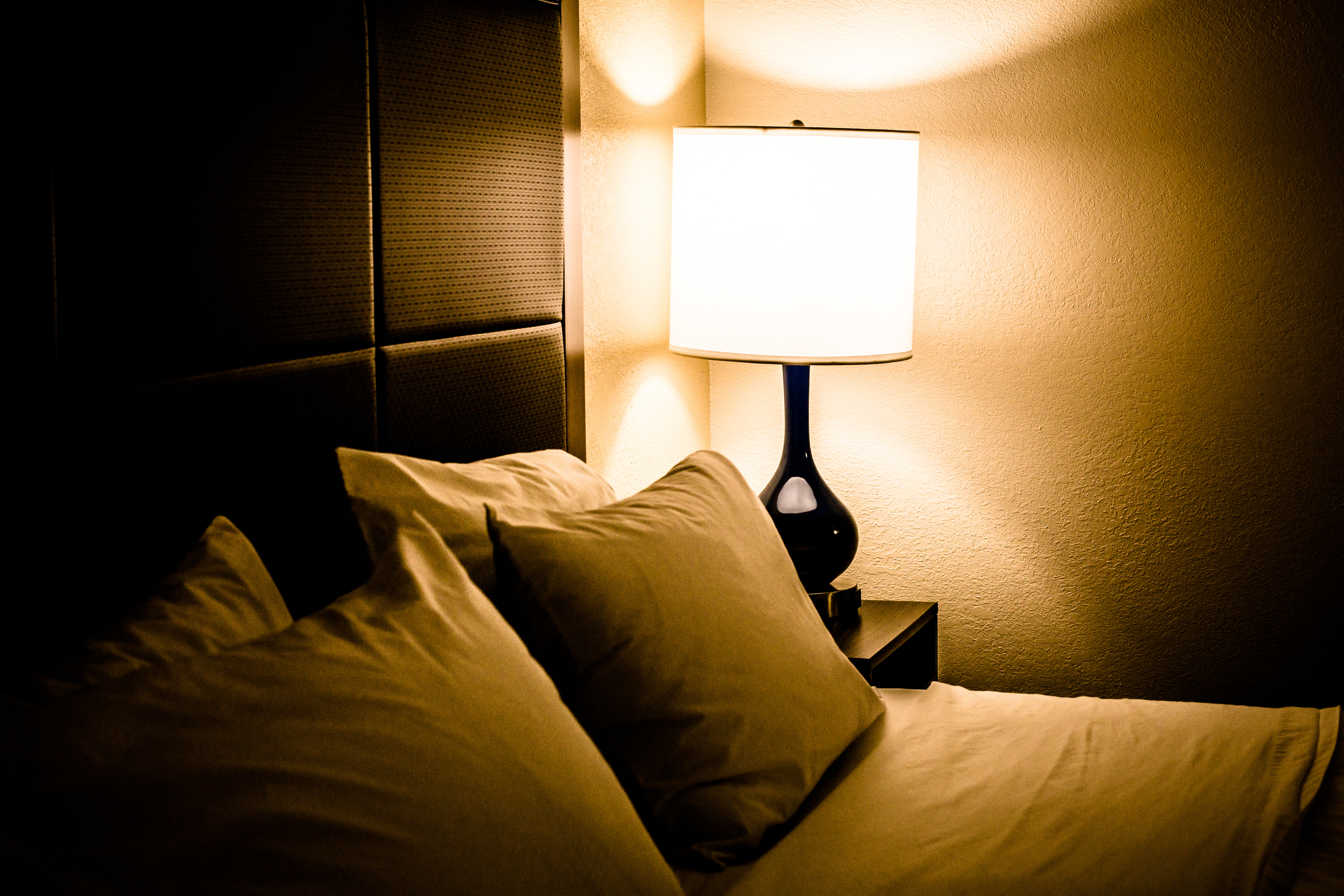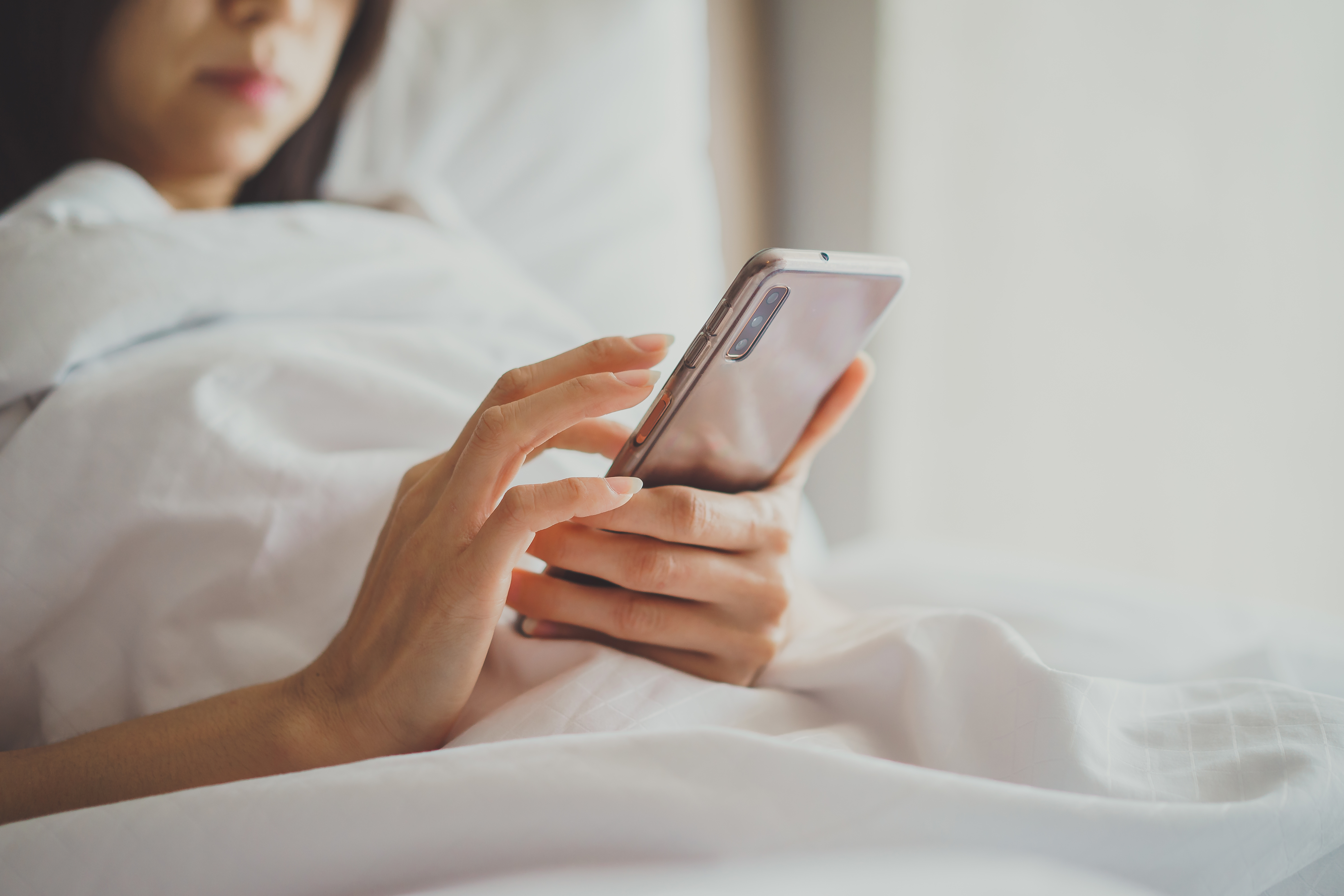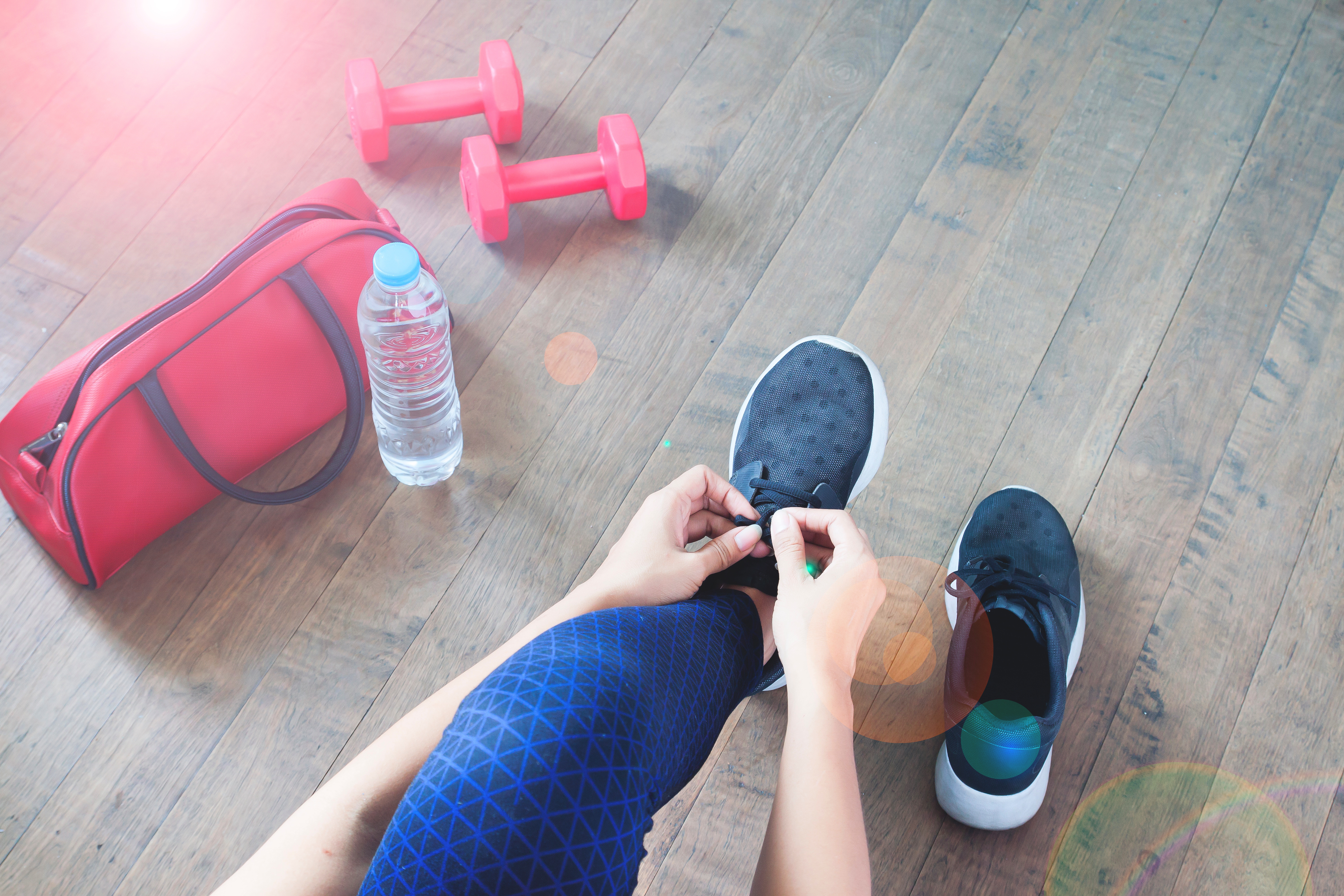Turn Back Time: Tips for Getting Used to the Time Change
We only turn the clocks back one hour, but that one hour shifts our entire reality. But it doesn’t have to be a shock to the system. Here are 4 tips for getting used to the time change.
Change Your Bed Time To Get The Best Amount Of Sleep

Soon it will be getting dark much earlier and you may want to go to bed earlier than necessary, but that could disrupt your sleep during the night. It’s best to start adjusting your sleep schedule before the time change happens. Change it just 15 minutes each night — the first night, go to bed 15 minutes later than normal; the second night, go to bed 30 minutes after your regular bedtime and continue until it’s a full hour. This helps you wake up at your regular waking hour and you won’t get too much or too little sleep.
Use Light to Your Advantage

Any kind of light — whether it’s sunshine or an email alert on your phone, it disrupts your melatonin production. Melatonin is the hormone that regulates sleep; our bodies can only produce it when there’s no light. That means you can use bright lights to help you stay awake a little longer in the evening so you can get a good night’s sleep and wake up at your regular time without feeling groggy.
Limit Your Use Of Electronics

When you have that one hour messing with your sleep schedule, any little thing can derail your plans — including electronics. Though we like to be connected day and night through texts, emails and social media, the buzzing and the lights can work against our efforts to sleep. All the stimulation keeps our brains working, making it difficult to calm down enough to rest. Try shutting off all your gadgets and leaving them in another room and you can reduce your risk of losing sleep to the time change.
Exercise Daily To Get Better Sleep

Some experts suggest exercising in the evening is bad for your sleep. Exercise is, after all, good for a burst of energy which can make it hard to sleep at night. However, it may be better to get your workout in at night than foregoing exercise all together. According to a poll conducted by the National Sleep Foundation, adults who exercise — regardless of time of day — get better sleep than those who don’t exercise. So if you’re concerned about sleep, consider adding exercise to your daily routine.
Adjusting to the time change varies from person to person, but, generally, it only takes about a day to get used to the shift in light. At The Lakeside Collection we have products to make the time change easy on you — from sheets to alarm clocks, we have you covered.






